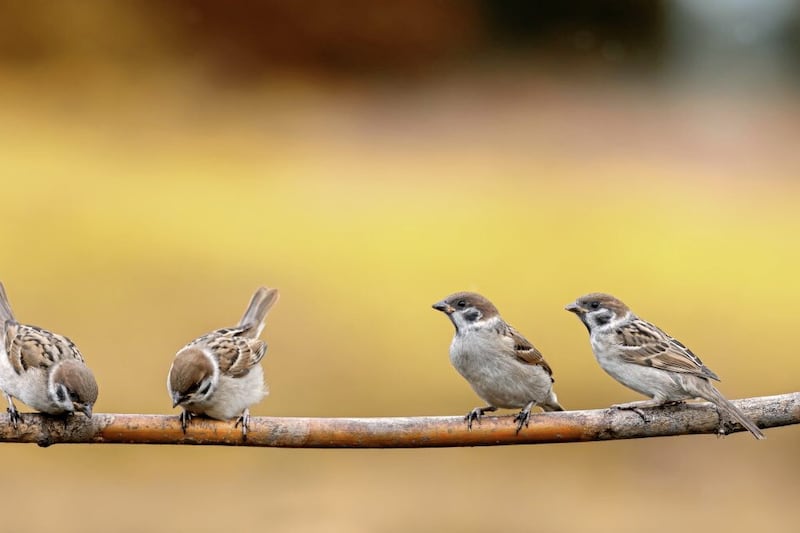DARWIN often finds himself misquoted (the perils of being a very quotable person you could argue).
Perhaps one of his most famous phrases actually came from a certain Leon C Megginson, who was the one who really said: “It is not the most intellectual of the species that survives; it is not the strongest that survives; but the species that survives is the one that is able best to adapt and adjust to the changing environment in which it finds itself”.
Regardless of where it originated, that saying has never been more relevant to the times we currently live in. There is a ‘new normal’ being constructed seemingly every day. Companies are turning their thoughts to why, when, how and if we should return to the workplace. There is even greater debate about what those workplaces will look like. What is clear is that we will need to be open to change and willing to adapt.
Due to the pandemic, this is not something we have a great degree of choice about. Many companies, for example, have had to introduce working from home. Something that they had maybe planned to get round to looking at further down the line, then it was thrust upon them. They had no choice; but they found a way to do it. Adapt to survive.
We worried that interviews could not be conducted face to face. However, we learned to make better use of video meetings, online testing and telephone calls. There was a fear that training would be impacted and yet we adapted to online delivery. Chat functions and laptop cameras helped ensure we could still keep work meetings productive.
That’s not to say that all these interventions are the long term solutions, but they are all ways of adapting to the change forced upon us.
We shouldn’t kid ourselves though: adapting to sudden change can be difficult for many. The human brain likes familiarity and routine. We develop habits because of this. Our neural pathways make connections that we use time and time again, so that they become routines, which help us function on auto-pilot.
So a question we should ask is: how do we train ourselves to be more adaptable?
• Look for opportunity in change. Did you always wonder if you would take to working from home? Now’s your chance to see what that is like in reality. Find something in the change that will motivate you.
• Try something new on a regular basis. The more you put yourself into a new situation, or new environment, the less your brain starts to panic at encountering something different.
• Think about what you do as routine and consider improvements; put yourself in the mind-set of continuous improvement. Deconstruct your patterns at work and ask yourself why you do certain things and can they be removed or changed
• Control what you can and don’t stress what you can’t.
• Take risks where you can (and it’s relatively safe to do so)
• Don’t waste time blaming others; this can stop you from moving on with the task at hand.
• Be curious: ask questions, read, enquire, nose around. Open your mind.
• Always think about the bigger picture, not just your part in it.
• Be receptive. The old adage of having 2 ears and 1 mouth for a reason springs to mind. Actively listen to what people are saying to you. Don’t just use the time they are speaking to think about your reply.
• Train yourself so your first reaction is ‘let’s think how I can get this done?’ rather than ‘here are all the reason why I can’t?’
Ultimately we can’t expect a switch to be flipped whereby we all just return to our desks and carry on like we did pre-CV19.
We will have to, in the words of the great philosopher Clint Eastwood (as Gunnery Sergeant Highway in Heartbreak Ridge): “Improvise, Adapt and Overcome”.
Barry Shannon (bshannon@cayan.com) is human resources director at TSYS Cayan in Belfast.








